- Home
Page 3
Page 3
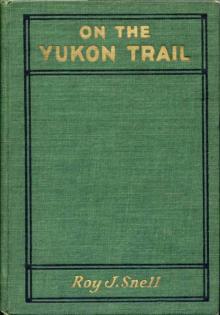 On the Yukon Trail
On the Yukon Trail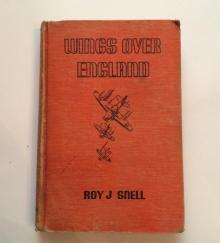 Wings over England
Wings over England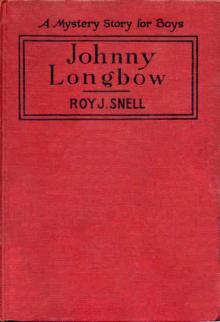 Johnny Longbow
Johnny Longbow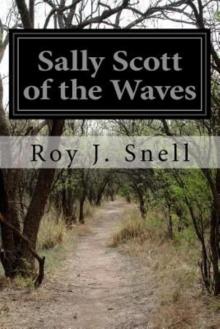 Sally Scott of the WAVES
Sally Scott of the WAVES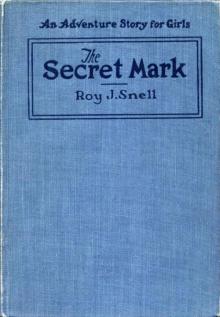 The Secret Mark
The Secret Mark Betty Leicester's Christmas
Betty Leicester's Christmas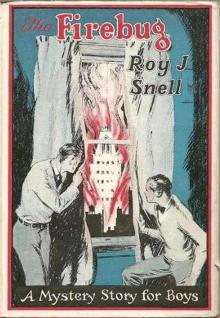 The Firebug
The Firebug Minnie Brown; or, The Gentle Girl
Minnie Brown; or, The Gentle Girl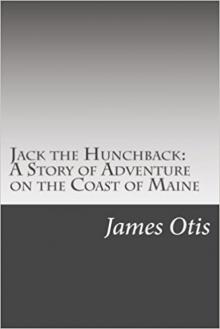 Jack the Hunchback: A Story of Adventure on the Coast of Maine
Jack the Hunchback: A Story of Adventure on the Coast of Maine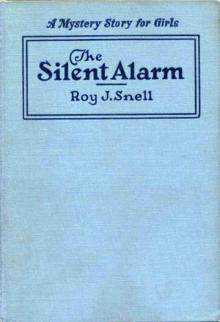 The Silent Alarm
The Silent Alarm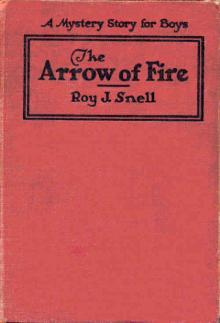 The Arrow of Fire
The Arrow of Fire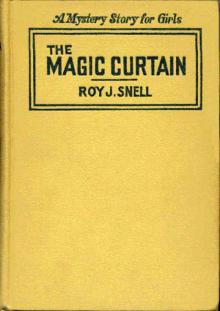 The Magic Curtain
The Magic Curtain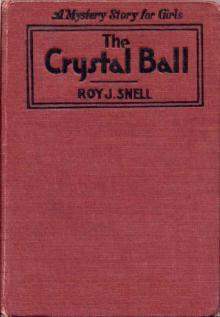 The Crystal Ball
The Crystal Ball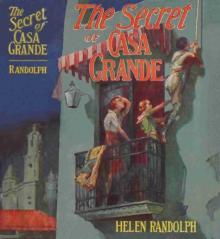 The Secret of Casa Grande
The Secret of Casa Grande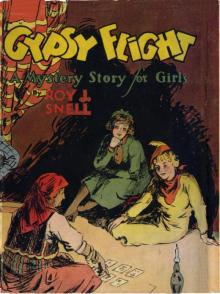 Gypsy Flight
Gypsy Flight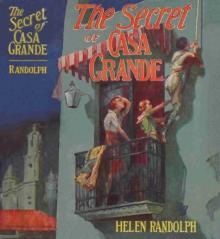 The Mystery of Carlitos
The Mystery of Carlitos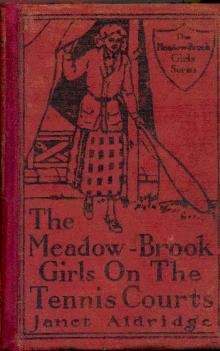 The Meadow-Brook Girls on the Tennis Courts; Or, Winning Out in the Big Tournament
The Meadow-Brook Girls on the Tennis Courts; Or, Winning Out in the Big Tournament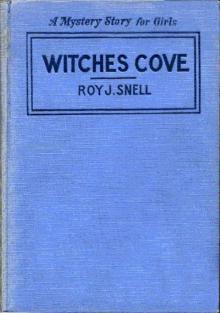 Witches Cove
Witches Cove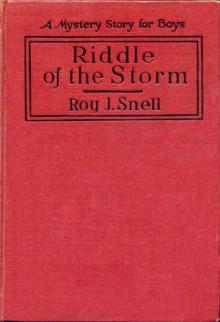 Riddle of the Storm
Riddle of the Storm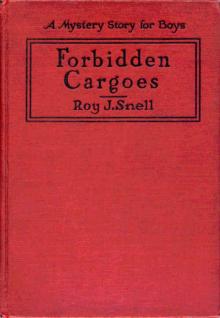 Forbidden Cargoes
Forbidden Cargoes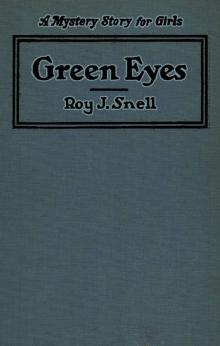 Green Eyes
Green Eyes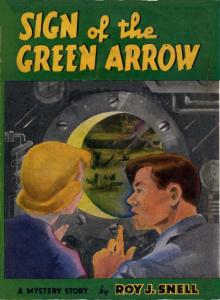 Sign of the Green Arrow
Sign of the Green Arrow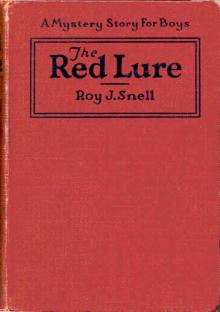 The Red Lure
The Red Lure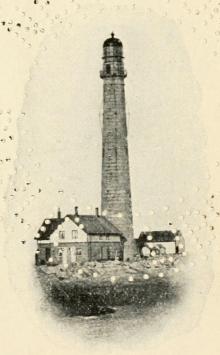 The Light Keepers: A Story of the United States Light-house Service
The Light Keepers: A Story of the United States Light-house Service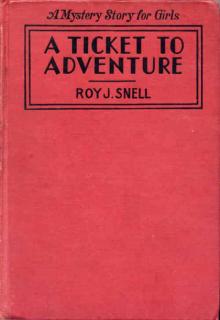 A Ticket to Adventure
A Ticket to Adventure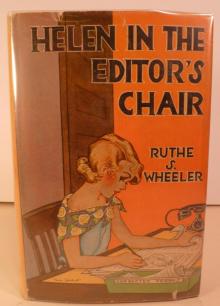 Helen in the Editor's Chair
Helen in the Editor's Chair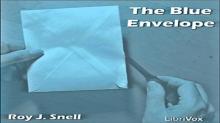 Blue Envelope
Blue Envelope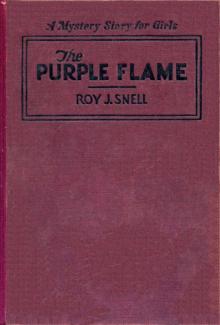 The Purple Flame
The Purple Flame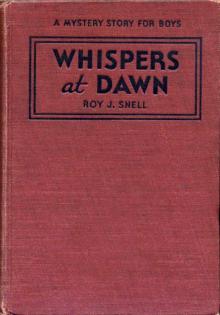 Whispers at Dawn; Or, The Eye
Whispers at Dawn; Or, The Eye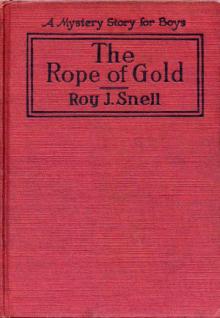 The Rope of Gold
The Rope of Gold Crossed Trails in Mexico
Crossed Trails in Mexico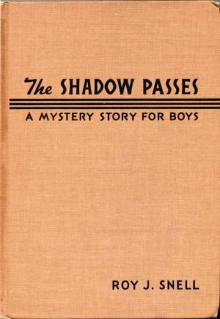 The Shadow Passes
The Shadow Passes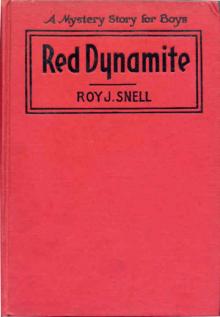 Red Dynamite
Red Dynamite Blue Grass Seminary Girls on the Water
Blue Grass Seminary Girls on the Water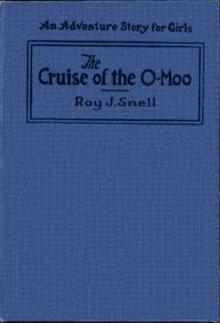 The Cruise of the O Moo
The Cruise of the O Moo